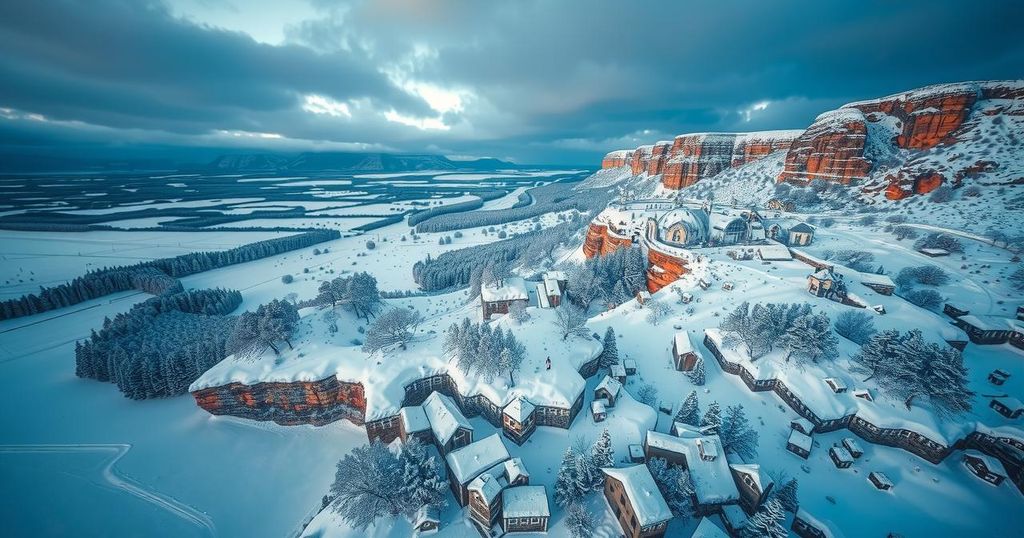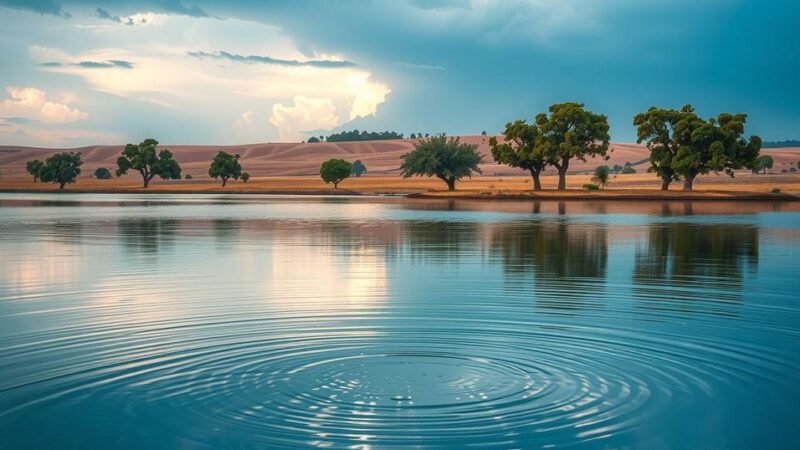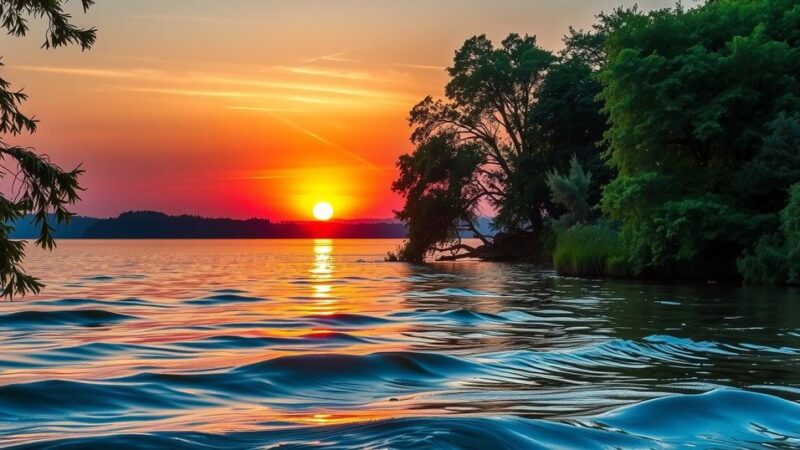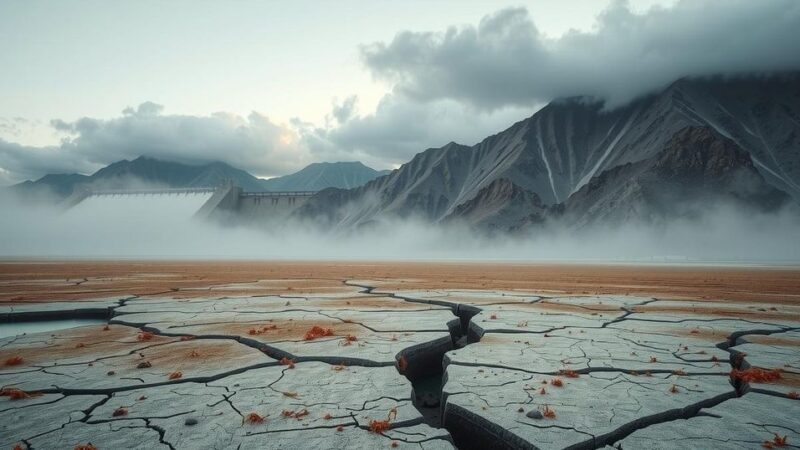Snowfall in Africa occurs in certain regions due to altitude and unique geographical features, leading to surprising winter landscapes in countries such as South Africa, Morocco, Lesotho, Tanzania, Uganda, Algeria, and Ethiopia. Each of these nations showcases a blend of warm climates alongside their snowy locales, making them intriguing destinations for exploration and adventure.
Snowfall in Africa, often an unexpected occurrence given the continent’s predominantly warm climate, can indeed be found in several regions characterized by unique geographical features and high elevations. During the winter months, certain areas transform dramatically, blanketed by snow, which is primarily linked to their high-altitude locations where temperatures drop significantly. This fascinating weather phenomenon not only invites exploration but also serves to highlight the distinct climatic diversity present within the continent. This article presents a review of seven nations in Africa where snowfall occurs: 1. South Africa: Although predominantly warm, specific regions such as Gauteng, parts of Johannesburg, the Drakensberg Mountains, and certain locations in the Western Cape do experience winter snowfall. These unique areas, while not representative of the entire country, provide a fascinating glimpse into South Africa’s climatic variability. 2. Morocco: Renowned for its diverse landscapes, Morocco sees regular snowfall in the Atlas Mountains, particularly in the High and Middle Atlas ranges. The town of Ifrane, often dubbed the “Switzerland of Morocco,” attracts numerous visitors during the winter months, drawn by its charming winter scenery. 3. Lesotho: A landlocked nation completely situated above 1,000 meters in elevation, Lesotho presents a higher likelihood of snowfall, especially between June and August. The snowy winters create a picturesque landscape for both residents and tourists, making it a unique destination in southern Africa. 4. Tanzania: Snowfall in Tanzania predominantly occurs on the summit of Mt. Kilimanjaro, Africa’s highest peak, where conditions resemble those found in arctic regions during specific seasons. From mid-June to October, climbers often experience snow at the summit while the colder months see heavier snowfall in December. 5. Uganda: The Rwenzori Mountains in Uganda are known for their frequent snow cover at higher altitudes, inviting adventurous travelers to explore this rare climatic phenomenon against the backdrop of lush landscapes. 6. Algeria: While Algeria’s climate is largely arid, snowfall can occur in higher altitude areas of the Tell Atlas, particularly the Kabylie and Aurès Mountains, during the winter months. This offers a refreshing change to the typically dry weather of the region. 7. Ethiopia: The Simien Mountains, a UNESCO World Heritage Site that stands above 4,500 meters, are among the few regions in Ethiopia where snow can occasionally be witnessed, attracting hikers and adventurers eager to experience these unique environments.
The phenomenon of snowfall in Africa is an intriguing topic, as it contradicts the general perception of the continent as being predominantly warm and dry. Specific geographical and climatic conditions allow for the occurrence of snow in several high-altitude regions acrossAfrica. These areas, often mountainous, provide a stark contrast to the usual climate associated with the continent, showcasing its ecological variety. Understanding where and why snowfall occurs in these regions can provide insight into Africa’s complex climate and contribute to a broader appreciation of its diverse natural environments.
In conclusion, snow in Africa is surprisingly present in various nations, showcasing the continent’s climatic diversity. Regions such as South Africa, Morocco, Lesotho, Tanzania, Uganda, Algeria, and Ethiopia exemplify how altitude and specific geographical features can produce this rare weather phenomenon. These insights reveal the richness of Africa’s natural landscapes and challenge common misconceptions about the continent’s climate.
Original Source: businessday.ng






